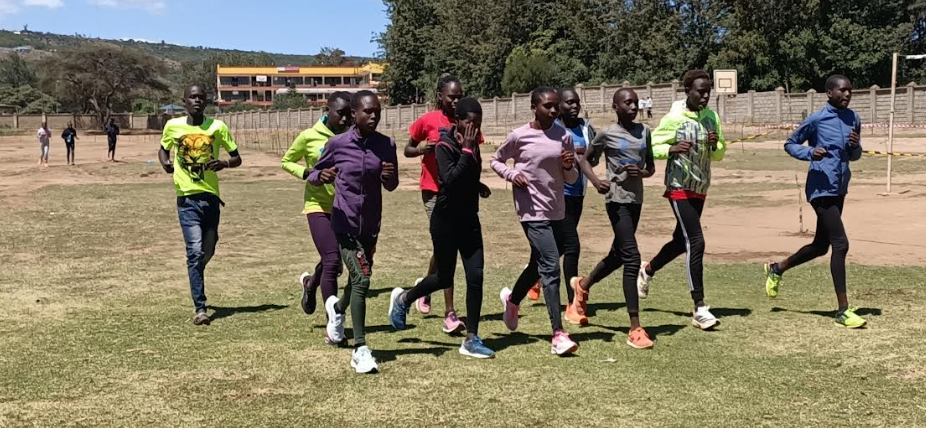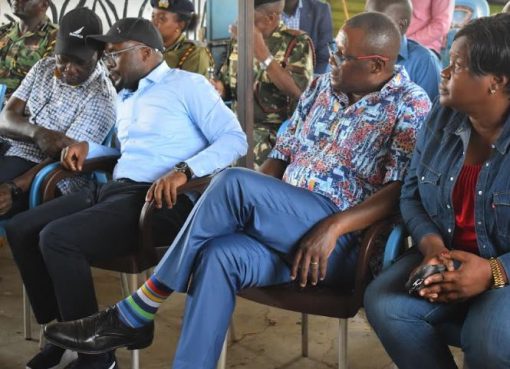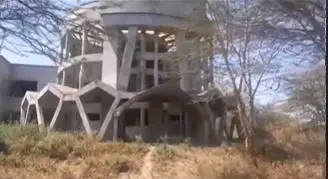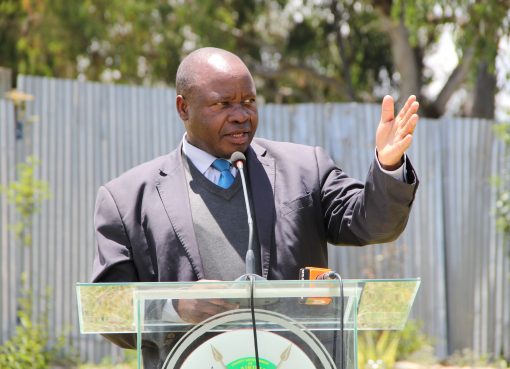Athletes’ training camps in the North Rift have been urged to adopt Standard Operating Procedures (SOPs) guidelines, which provide a framework to prevent and respond to Gender Based Violence (GBV) and Sexual Exploitation and Abuse (SEA) in the camps.
The SOP guidelines, developed by the Centre for Enhancing Democracy and Good Governance (CEDGG), will equip the camps with knowledge and skills needed to prevent and respond to GBV, sexual exploitation, and abuse.
Speaking during a dissemination workshop for validation of the SOPs at an Iten hotel, the CEDGG CEO Paul Masese said the SOPs ensured a survivor-centred approach by prioritising the voice of the survivor.
The CEO said that according to the guidelines, once someone is accused of GBV/SEA in a training camp, then he will have to step aside until he is proven innocent.
“While in law one is innocent until proven guilty, in GBV/SEA one will have to be proven innocent before he can be allowed to interact with other athletes in the training camps,” he told the workshop, which comprised athletes, coaches, and duty bearers.
Masese said the guidelines compel training camps to conduct due diligence when hiring coaches, managers, massage therapists, and other staff in the camps, saying anybody under investigation for a sexual offence, who has been convicted for the same, or who has a history of domestic violence should not have any contact with an athlete.
He said that apart from traditional forms of GBV, the framework also addresses emerging threats like technology-facilitated violence, such as cyberbullying, harassment, and non-consensual sharing of private images, which some of the athletes suffer from, given their celebrity status.
Lilian Akinyi from CEDGG called on the training camps to abide by the SOPs by ensuring that they publicly display the GBV referral pathway to ensure that GBV survivors are aware of what steps to take in reporting such cases.
She added that all training camps should have GBV focal persons who are in charge of compiling data and documenting GBV cases in addition to ensuring that action is taken on the perpetrators.
Akinyi appealed to duty bearers to act promptly on any case presented to them, saying inaction discourages people from reporting the cases.
She expressed concern that both athletes and coaches operate without any binding contract, saying it was important to have one as it protects both parties.
The CEO said through the implementation of the SOPs, athletics camps in the North Rift can create a safer environment for athletes, protect their well-being, and enhance their performance and potential, which will in turn attract funding and recognition, thus elevating Kenya’s standing in the global athletics community.
George Obumba, from the County Sports Department, called for the formulation of a law to allow for the monitoring of the training camps, saying while sports is a devolved function, the registration of the camps is done by the national government with no provision for the county government involvement in monitoring.
He added that there are very few registered training camps in the county, with 90 per cent of the athletes operating on their own.
Obumba was supported by the coaches, who said most of the GBV cases happen outside the camps, especially in their residential areas.
By Alice Wanjiru





